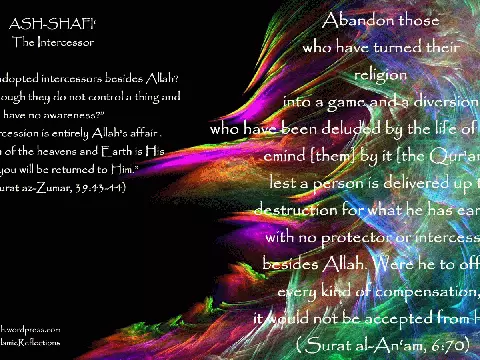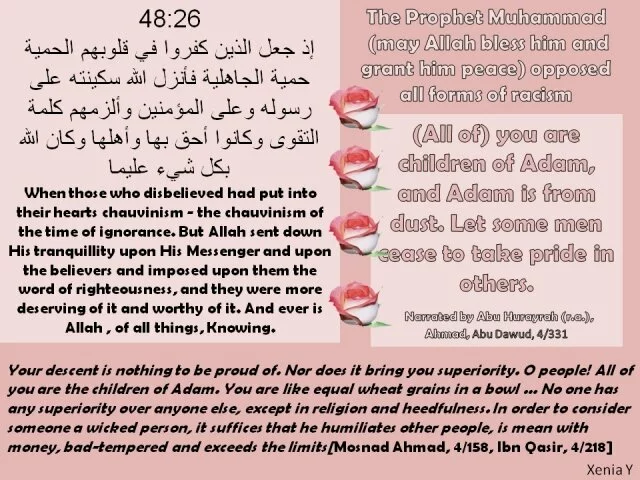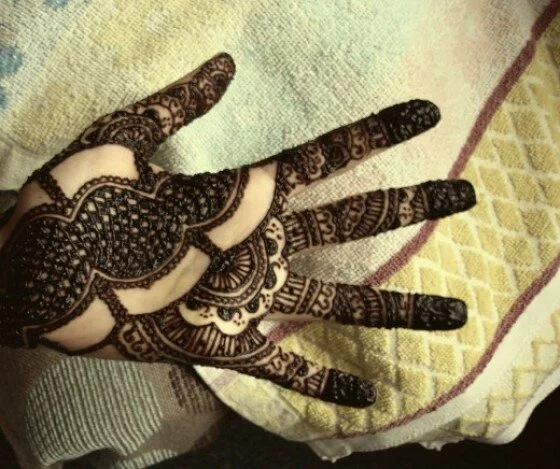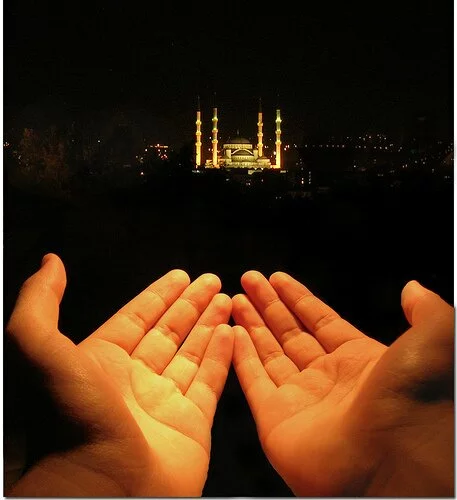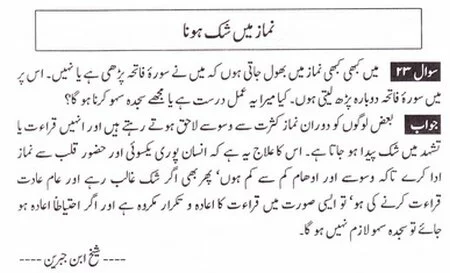
There is the opinion deduced from taking the apparent (dhahir) meaning of the hadith about the middle of the night that was held by Ibn Hazm, ash-Shawkani, al-Albani, and others that the permissible time is till the middle of the night, beyond which it is forbidden to delay ‘Isha’.
Consider also what the major scholars of the four madhahib said:
Ibn Qudamah al-Maqdisi (Hambali) said in ‘al-Mughni’:
“What is more befitting – if Allah Wills – is that one does not delay it past the first third of the night. If he delays it past the middle of the night, this is permissible. What is beyond this is allowed only for necessity, and its ruling is the same as praying ‘Asr in the time of necessity (in the last portion of its allotted time)…Beyond this, the time of ‘Isha’ extends till the emergence of the second (true) Fajr.”
al-Kasani (Hanafi) said in ‘Bada’i’ as-Sana’i”:
“As for the last time for ‘Isha’, it is when the true time of Fajr comes in, according to us.”
Muhammad ‘Alish (Maliki) said in ‘Manh al-Jalil’:
“And the preferred time to pray ‘Isha’ ends with the first third of the night.”
an-Nawawi (Shafi’i) said in ‘al-Majmu”:
“What is preferred is to pray by the first third of the night. If this preferred time passes, we are left with the permissible time, which is till the time of the second (true) Fajr. This is the madhhab that has been narrated from ash-Shafi’i, and it is what has been clearcut from our companions, past and present.”
at-Tahawi (Hanafi) said in ‘Mushkil al-Athar’:
“So, the authenticity of these narrations has been established: that the time in which one can pray ‘Isha’ is from when the Sun sets, till the end of the night. However, this is divided into three categories:
a) from when it enters, to the first third of the night, and this is the best time in which to pray it, b) as for what is beyond this – till the middle of the night – this is less preferable than the first choice, and c) as for what is beyond the middle of the night, this is less preferable than the times before it.”
So, the four madhahib interpreted the relevant ahadith to mean that the time in which it is permissible to pray ‘Isha’ is till the time of Fajr, with the strong discouragement from delaying it past the first third of the night, let alone the middle of the night, unless one has a good excuse (such as illness, preoccupation with a task, etc.).
In conclusion, there is a difference of opinion as to whether the time limit is a matter of strict forbiddance, or merely one of preference. In any case, the safest thing to do is to not delay it past the middle of the night, as much as you are able.
And Allah Knows best.

